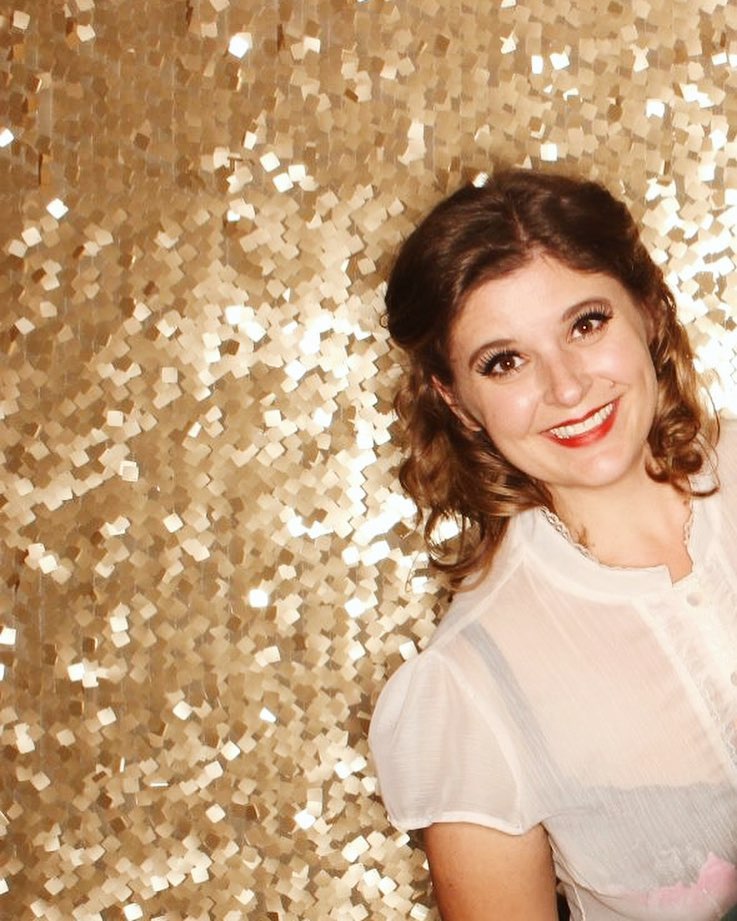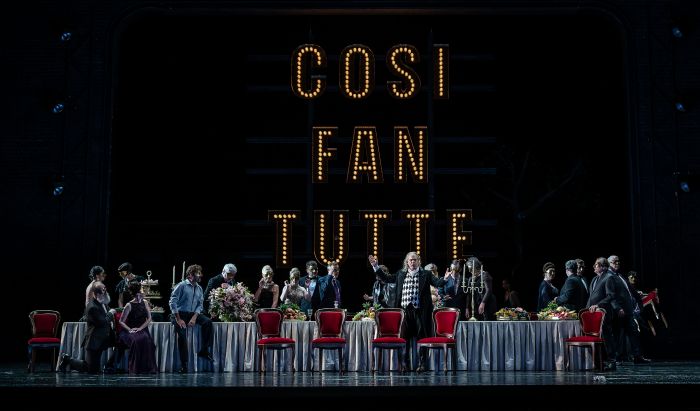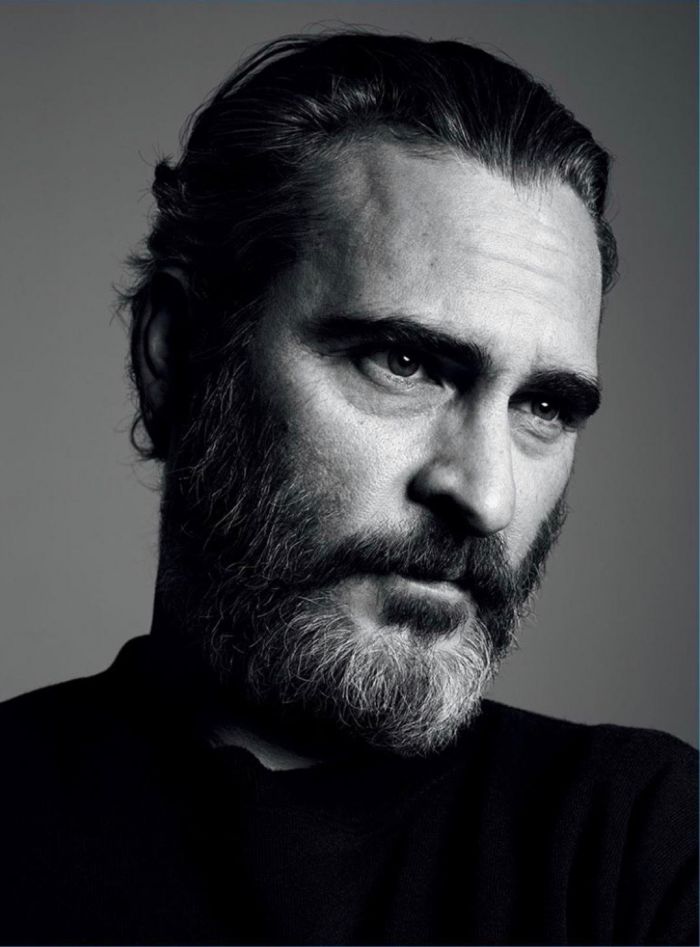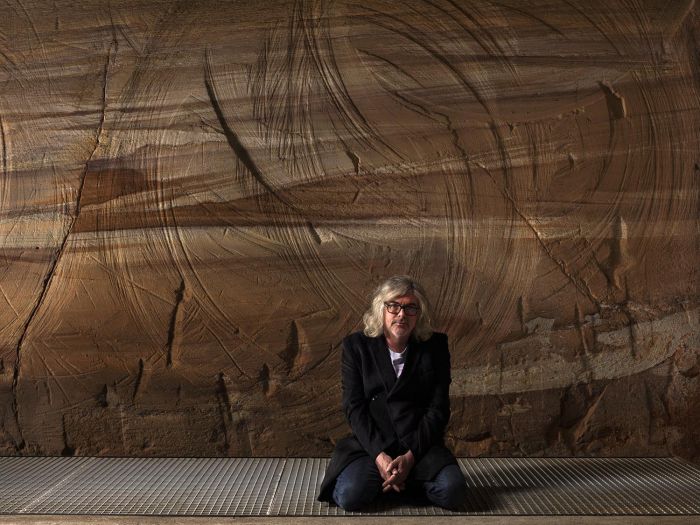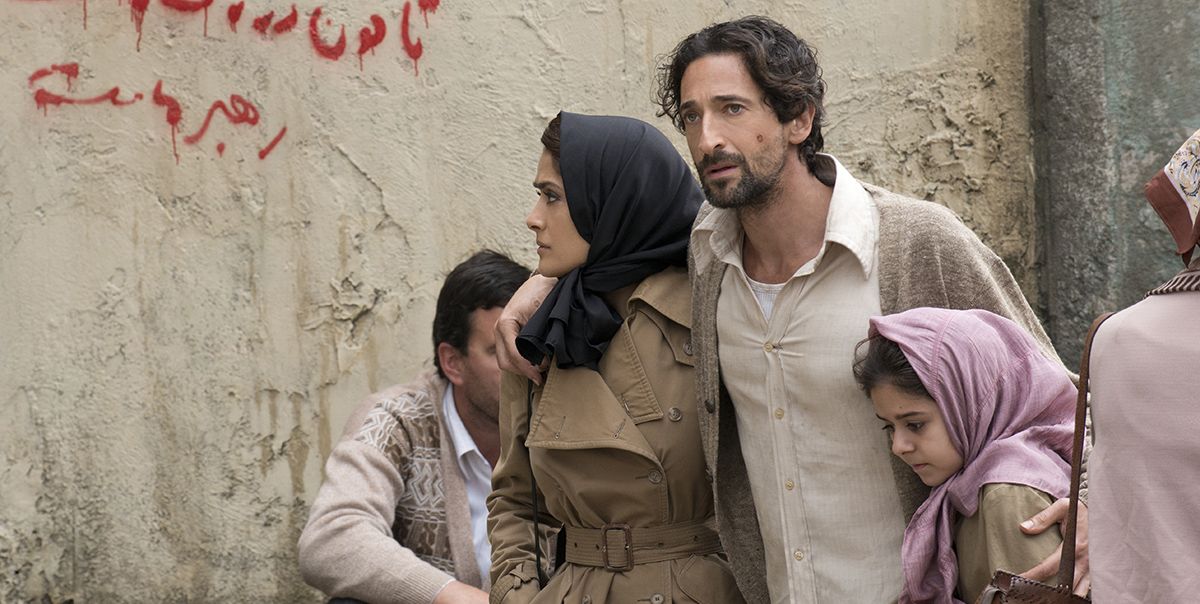
The 14th Annual San Diego Film Festival is officially in full swing, having kicked off on Wednesday night with a packed screening of Septembers of Shiraz, which was followed by a Q&A with star Adrien Brody. Based on the award-winning novel of the same name by Dalia Sofer, the film follows an affluent Iranian family after the husband is arrested, thrown into prison and tortured. If there’s one thing this film has succeeded in, it’s in making me want to pick the novel up, because it just has to be better than what I saw.
The author was apparently very adamant about her book not being adapted by the Hollywood machine, but it may as well have been, since the end result is about as Hollywood as you can get. Even if you know nothing about Middle Eastern culture or history, it’s nearly impossible for you to watch this movie and not think, “That’s it?”

Opening the film with American pop music—as if to tell the audience, “See? This Tehran family is just like you”—we are introduced to a wealthy family of three. As a jeweler for royals and political figures, Isaac (Adrien Brody) has built a comfortable life for himself, his wife Farnez (Salma Hayek) and their two children. Almost immediately after the film begins, Farnez is arrested by the Revolutionary Guard and taken to prison for his wealth and perceived connection to the Mossad. He spends his days talking to chief interrogator Mohsen (Alon Aboutboul) and then tortured for not having anything incriminating to admit to. While this is happening, Farnez tries to find out if her husband is alright and clashes with their housekeeper Habibeh (Shohreh Aghdashloo), whose son Morteza joins the revolution.

Though the film hits major plot points (not counting an entire book subplot that was omitted, of course), nothing seems to actually happen. The audience is confronted with situations and characters that should make them feel something, but instead it’s like watching a play-by-play on what emotions look like. The black-and-white take on an incredibly complicated cultural time period falls flat and to be frank, is emotionally manipulative.

This isn’t to say the acting is necessarily awful, though it is a little over-the-top at times, and don’t get me started on the accents. Hayek and Brody have fairly one-dimensional characters, but they are sympathetic enough—there’s even a particular torture scene where Farnez is mocked and shot at repeatedly in which Brody really shines. But the standout star of the film, without a doubt, is Aghdashloo. Playing a mother who is conflicted between the family who took her and her son in when they had nothing, and the revolution’s take on spreading wealth, she is absolutely stunning on screen. You not only see her internal struggle when she has to face what her son has become, you feel it.
When Farnez and his family eventually escape Tehran by fleeing into Turkey, they leave Habibeh with the deed to their home and I for one, desperately wished I could have stayed with Habibeh to continue her story.










